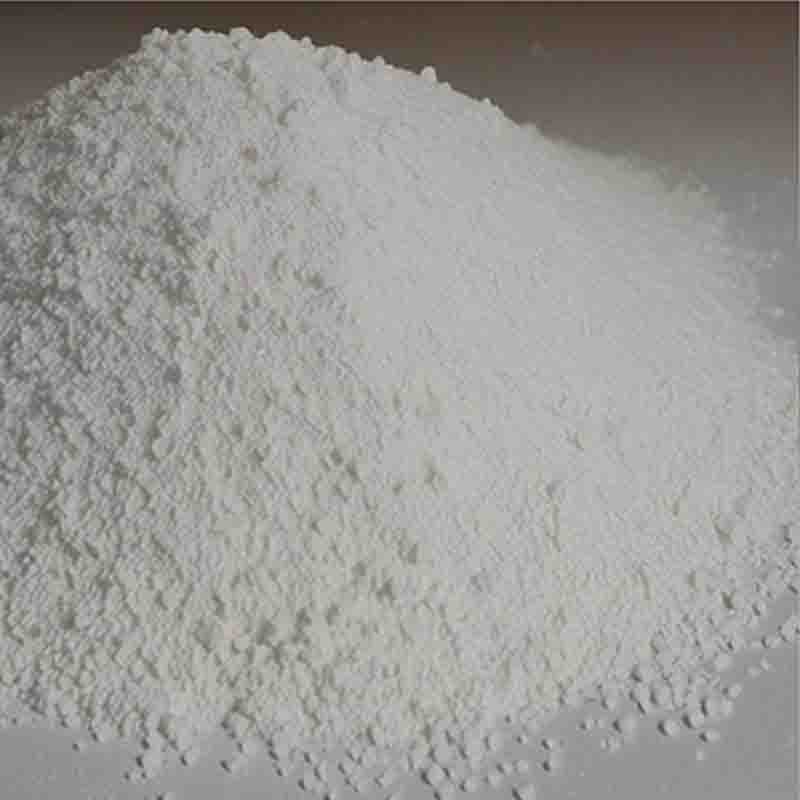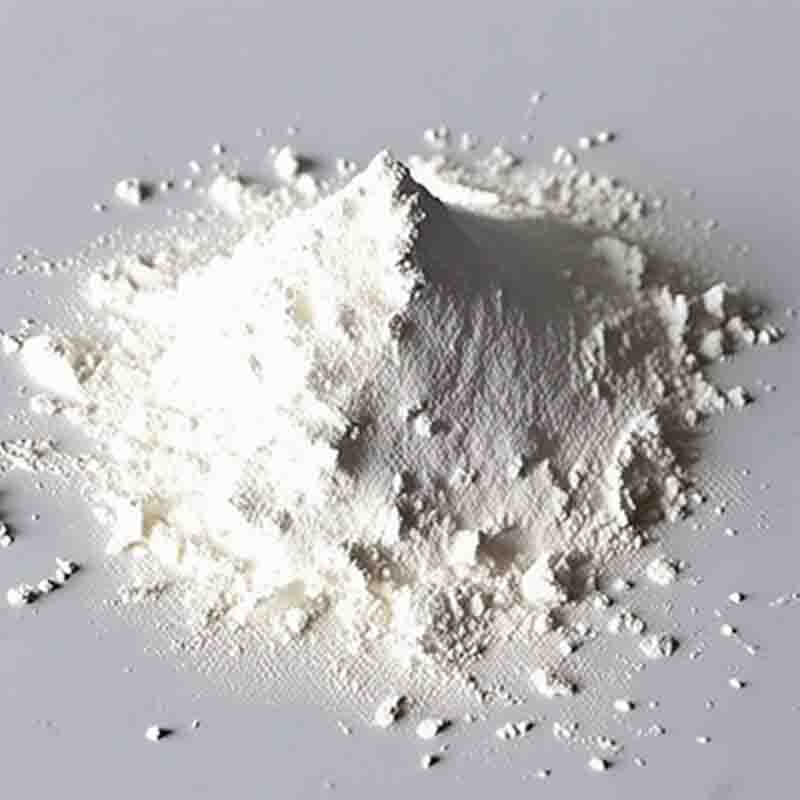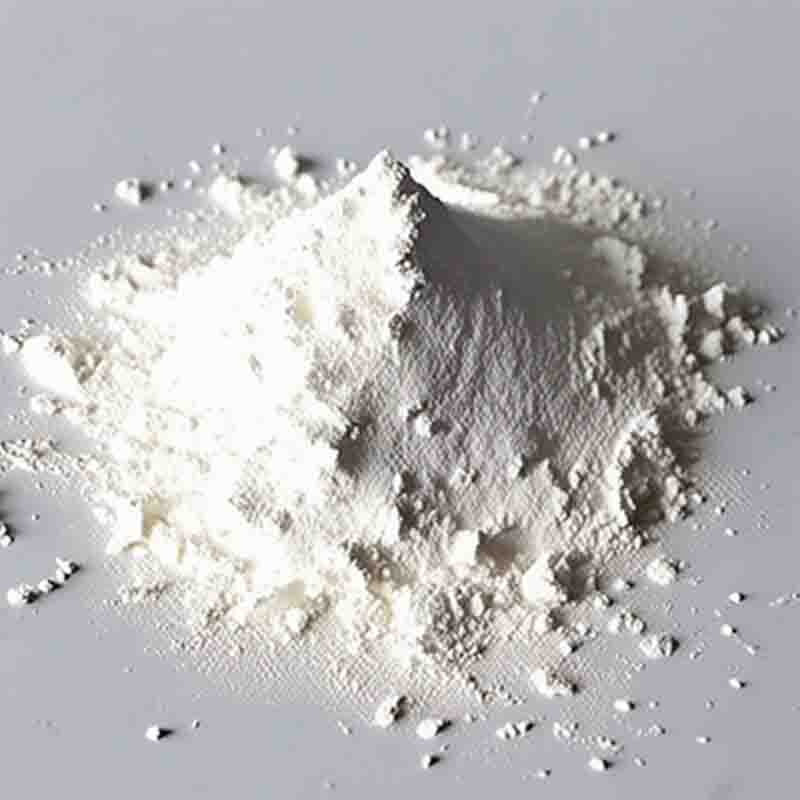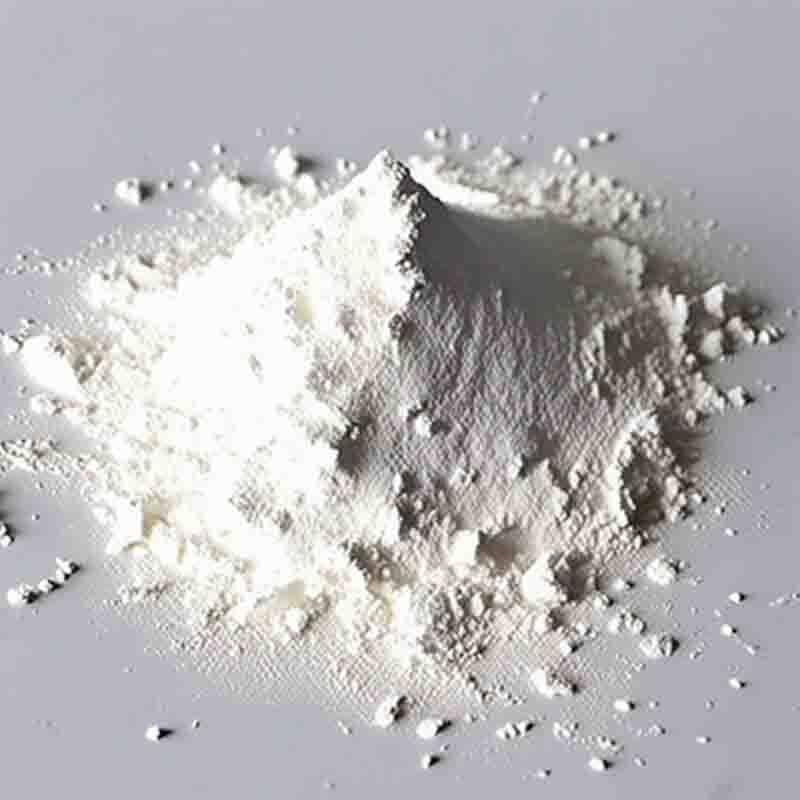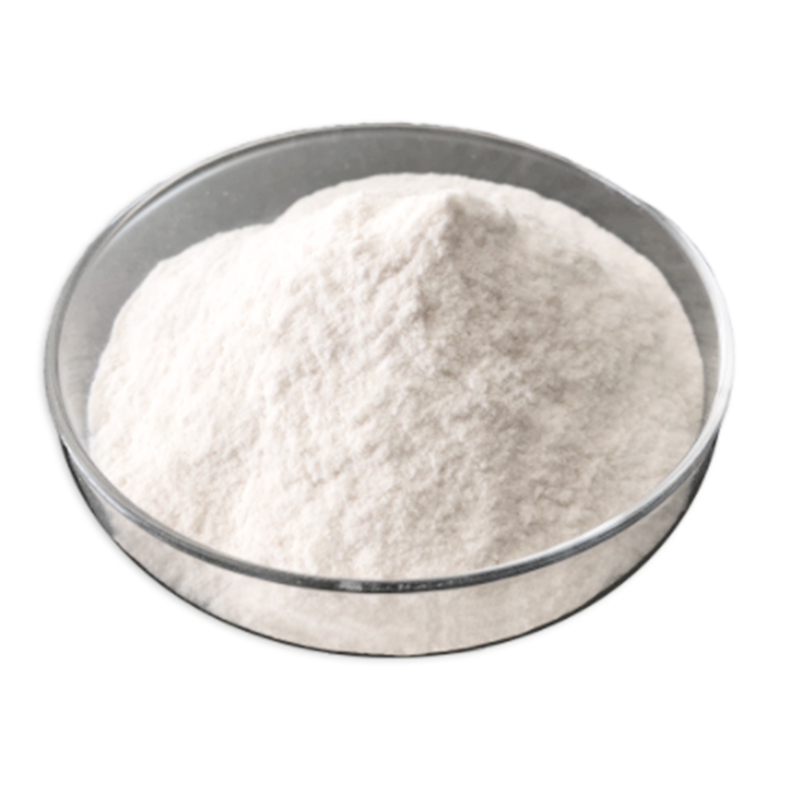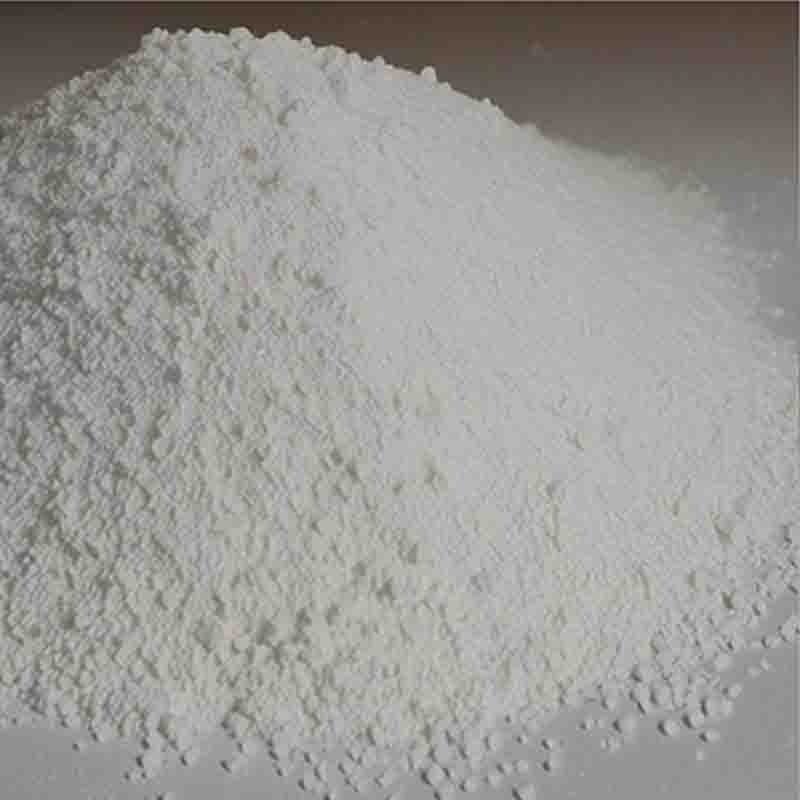Rhodium(III) chloride hydrate CAS: 20765-98-4
| Catalog Number | XD94408 |
| Product Name | Rhodium(III) chloride hydrate |
| CAS | 20765-98-4 |
| Molecular Formula | Cl3H2ORh |
| Molecular Weight | 227.27 |
| Storage Details | Ambient |
Product Specification
| Appearance | White powder |
| Assay | 99% min |
Rhodium(III) chloride hydrate, also known as rhodium trichloride hydrate or RhCl3·xH2O, is a coordination compound that contains rhodium in its +3 oxidation state, bonded to three chloride ions and hydrated water molecules. This compound is a dark red crystalline powder that is commonly used as a catalyst in various chemical reactions.One significant application of Rhodium(III) chloride hydrate is its use as a catalyst in organic transformations, particularly in the synthesis of pharmaceuticals and fine chemicals. It shows excellent reactivity and selectivity in a wide range of reactions, including hydrogenation, hydroformylation, carbonylation, and C-C bond formation. For example, Rhodium(III) chloride hydrate has been employed in the synthesis of antidepressants, anticancer drugs, and chiral compounds.In hydrogenation reactions, Rhodium(III) chloride hydrate acts as a catalyst to facilitate the addition of hydrogen to unsaturated organic compounds, such as alkenes and alkynes. This process is commonly used in the production of chemicals and fuels, providing a means to selectively reduce functional groups and improve the purity of desired products.Hydroformylation, another important application, involves the addition of carbon monoxide and hydrogen to alkenes, resulting in the formation of aldehydes. Rhodium(III) chloride hydrate-based catalysts exhibit high activity and regioselectivity in this reaction, allowing for the synthesis of valuable intermediates for the production of alcohols, plastics, and detergents.Rhodium(III) chloride hydrate is also employed in carbonylation reactions, where carbon monoxide is incorporated into organic molecules, leading to the formation of carbonyl compounds. This process is used in the synthesis of pharmaceuticals, agrochemicals, and polymers. The catalyst's stability and high catalytic activity make it an ideal candidate for such reactions.Additionally, Rhodium(III) chloride hydrate finds use in C-C bond formation reactions, particularly in cycloaddition reactions and coupling reactions. The catalytic system based on this compound facilitates the construction of complex organic frameworks, allowing chemists to access a wide range of structurally diverse compounds.Overall, Rhodium(III) chloride hydrate is a versatile catalyst in organic synthesis with applications in hydrogenation, hydroformylation, carbonylation, and C-C bond formation. Its remarkable reactivity and selectivity, combined with its stability, make it a valuable tool in the development of pharmaceuticals, fine chemicals, and advanced materials.


